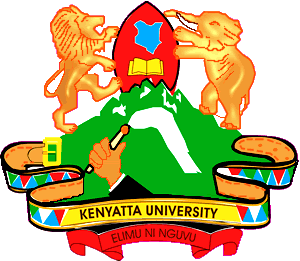The students will follow the 3: 2: 1:1 degree pattern. In the first year of study, the students will take the mandatory four (4) University Common Units in addition to the eight (8) core units from the EED programme. They will also take two (2) other units, each from any two other departments in the School of environmental Studies (SES). In the second year of study, the students will take all the ten (10) core units in addition to two (2) other units from one other SES department. In the third year and fourth year of study, the students will take ten (10) units from EED programme (Eight of which must be core); and two other (2) units from any of SES departments for each year. A student may also choose all the twelve (12) units from EED programme in third and fourth years.
Examination
The general University Examination regulations shall apply. To graduate in the degree on Bachelor of Science (Environmental Education), students will take a total of 50 units. The units will comprise of 14 level 100 and 12 units in each of the other three levels. The grading for written examinations will be as follows: 70 - 100(A), 60 - 69 (B), 50 -59 (C), 40- 49(D), 0 - 39 (E). Pass mark is 40%. A candidate who gets less than 40% shall be given a Retake.
Classification:
To be classified, a candidate must have done 50 mandatory units including the Practicum. The mean score for the 50 units is calculated to help in placing a candidate to the correct Class as follows: 70 - 100 (First Class (Honours), 60 - 69 (Upper Second (Honours), 50 - 59 (Second Class Lower), 40 - 49 (Pass), 0 - 39 (Fail).
Certification
Graduates of this programme will be awarded a Bachelor of Science degree in Environmental Education (B.Sc. Environmental Education).
